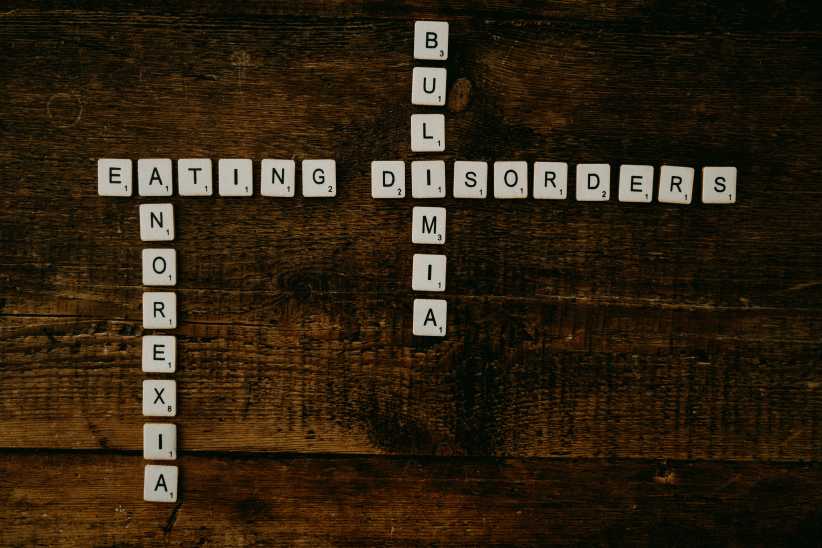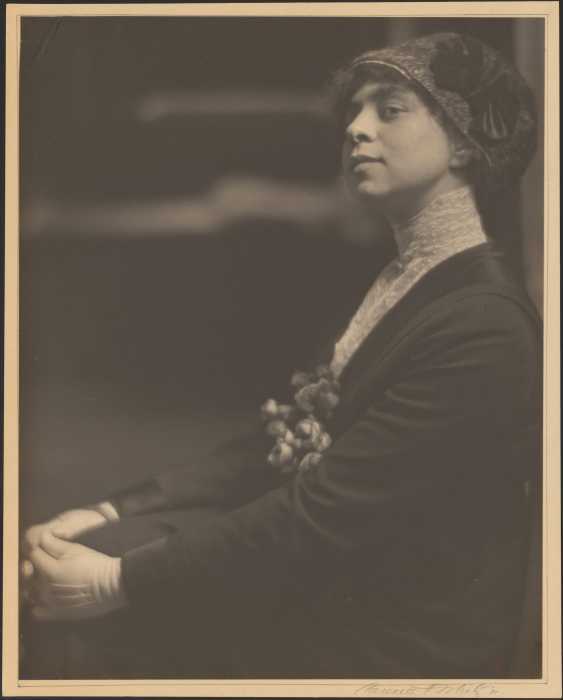Bullying. It was probably around since youngsters first roamed the planet. And it’s universal.
Bullying stops us from being who we want to be, prevents us from expressing ourselves freely, and might even make us feel unsafe, according to the helpful site www.stopbullying.gov.
Children need to be counseled: If you are bullied, say something! If you are bullying, it’s not cool!
Unfortunately for the victims, bullying still goes on despite new attitudes and laws, zero tolerance policies in schools, hair-raising news stories, and awareness campaigns. It seems this plague will linger for as long as the human race exists.
These days, it has morphed into rampant cyberbullying. But whatever its form, bullying can wreak havoc in a youngster’s life, especially when hurtful rumors are spread over social media or by text. It doesn’t take much — just one humiliating comment — for your vulnerable adolescent or teen to believe that her life has been ruined.
Thoughtless, mean-spirited actions can wield destructive power. Both kids who are bullied and who bully others may have serious, lasting problems. In fact, some evidence shows that adults who were frequent victims may still carry emotional scars decades later. For other targets, the consequences can be fatal, as incidents of suicide have increased due to bullying.
What’s the best way to deal with those awful tormentors? Ignore them? Give ’em a dose of their own medicine? Report them? Seek vengeance when you and the bully are both adults?
For insight into bullying in high school, teens should read “Englisha and Laurenthina: Best Friends Forever?” by Brooklyn author and educator Michellene Barrett. Her second juvenile fiction book addresses strategies to handle this all-too-common issue. Young people will enjoy the drama between Englisha and Laurenthina, who were the best of friends. When Laurenthina becomes jealous of Englisha, she tries to make Englisha’s senior year a living nightmare. Englisha’s best friend has become her worst enemy!
Barrett’s thoughtful storytelling will resonate with young readers who may be grappling with a bullying situation.
“After reading my book, many parents have had deep conversations with their child about bullying,” said Barrett. “Some children never shared with their parents that they were being bullied before reading my book, so my stories have helped create the necessary conversations.”
“So many children are dealing with bullying issues on a daily basis, but some parents will never know,” says Barrett, who suffered all through middle school.
“Some children go home and tell their parents about everything that happened in school, including if someone pushed them in the schoolyard or threw a rock their way. But there are many children who have to be asked numerous questions before they can begin to open up about the details of their day. It just depends on the personality of the child,” she explained.
Bullying continues to negatively impact kids and teens of every race, gender, nationality, faith, sexual orientation, and disability.
How do you know if your child is being bullied?
Barrett says some children won’t come right out and let you know that there is someone bullying them, so she suggests one of the best ways you can find out is through conversations generated by literature.
The elementary school teacher has been reading several books to her students about bullying, conflict resolution, and positive behavior to create a classroom community, as well as to encourage discussion on the issues.
“I believe so strongly about the power of literature in motivating children to talk about bullying,” she said. “Recently, at my book events/discussions, when I’m reading an excerpt from my new book, ‘Englisha and Laurenthina: Best Friends Forever?’ there is usually a child who begins to talk about how they can relate to the character in my book because they were bullied. And oftentimes, the parents are in shock, saying, ‘I never knew you were bullied!’ ”
Helpful tip: Opening lines of communication before your child is involved in bullying makes it easier for her to tell you if something happens.
The author says her goal as a writer and educator, “is to encourage children and teens to read by creating engaging text.” As a great storyteller, she has indeed accomplished that.
As a high-school senior, the budding author published her first young fiction book, called “Englisha and David’s Adventurous Vacation,” about two teens who embark on a journey of independence and self-discovery, where they learn the value of love, forgiveness, and living life to the fullest.
Surprisingly, the author started writing the story for her first book during creative writing time in her third-grade class!
“I began to write about what I imagined it would be like to be a teenager. All throughout the day, I kept my creative writing notebook close by, so that I could sneak and write in it. During my afterschool program, I would read my stories to my peers, who would gather around to listen,” she recalled. “They would say, ‘Michellene, this is good! You should be a published author!’ ”
From that day on, she was determined to be one. So, as a high school senior, when she self-published that first book, Barrett said the principal allowed her to have a book signing in school, “where my teachers and classmates were able to buy copies of my book.”
When she worked at an arts summer camp a few years ago, and started reading her first book to the campers, Barrett remembered, “They were all hooked! Every day, they would ask me to read more and more. They were begging me to write book two. They were so engrossed in the characters’ lives that they wanted to find out what would happen to them once they entered senior year.”
The author says that in her new book, the characters discuss bullying and try to come up with practical solutions to combat the issue.
“Both girls are running for class president. At the senior-class presidential debates, they are both asked what they would do to stop bullying at their school,” she says.
Helpful tip: How to stop bullying on the spot: https://www.stopb
So, what was high school like for Barrett?
“I enjoyed my high-school experience. I was never bullied in high school, but I was bullied almost every day in junior high,” Barrett recalled. “Once I entered the school building, my classmates would check the labels on my clothes and laugh that I didn’t wear name brands. A group of boys that were on my school bus spit on me, because I was trying to be friendly and make jokes with them.
“Every day, I knew I was going to be bullied by a girl in my seventh-grade class, who made fun of me because of my weight. She was overweight, and I was underweight at the time. She would laugh and point out all the many places on my body where I was not developed.”
Young Michellene would go home and tell her mother what happened, but didn’t want her to go to her school and talk to her teacher, because she believed the bullying would just get worse.
“As the holidays came near, I was still very sad about it, and my mother suggested something that changed everything: that I give my bully a gift for Christmas and say kind words to her. I couldn’t believe how quickly it worked! The girl who was bullying stopped completely. She hugged and thanked me for the gift. She was kind to me for the rest of the school year.”
Even though she isn’t a parent yet, Barrett says she has worked closely with parents and families over the years, as an educator.
The author has a bachelor’s degree in childhood education from City College of New York. She also received a master’s degree in literacy from Columbia University Teachers College.
For more on Barrett, visit www.miche
Tammy Scileppi is a Queens-based freelance writer and journalist, parent, and regular contributor to New York Parenting.
What to do if you’re bullied
If you’re being bullied at school, www.stopb
There are things you can do to stay safe in the future, too:
• Talk to an adult you trust. Don’t keep your feelings inside. Telling someone can help you feel less alone. He can help you make a plan to stop the bullying.
• Stay away from places where bullying happens.
• Stay near adults and other kids. Most bullying happens when adults aren’t around.
Learn more about cyberbullying and how to respond if it is happening to you: www.stopbullying.gov/cyberbullying/index.html
To protect yourself:
Always think about what you post. You never know what someone will forward. Being kind to others online will help to keep you safe. Do not share anything that could hurt or embarrass anyone.
Keep your password a secret from other kids. Even kids that seem like friends could give your password away or use it in ways you don’t want. Let your parents have your passwords.
Think about who sees what you post online. Complete strangers? Friends? Friends of friends? Privacy settings let you control who sees what.
Keep your parents in the loop. Tell them what you’re doing online and who you’re doing it with. Listen to what they have to say about what is and isn’t okay to do. They care about you and want you to be safe.
School counselors are available to provide counseling services or referrals.






















